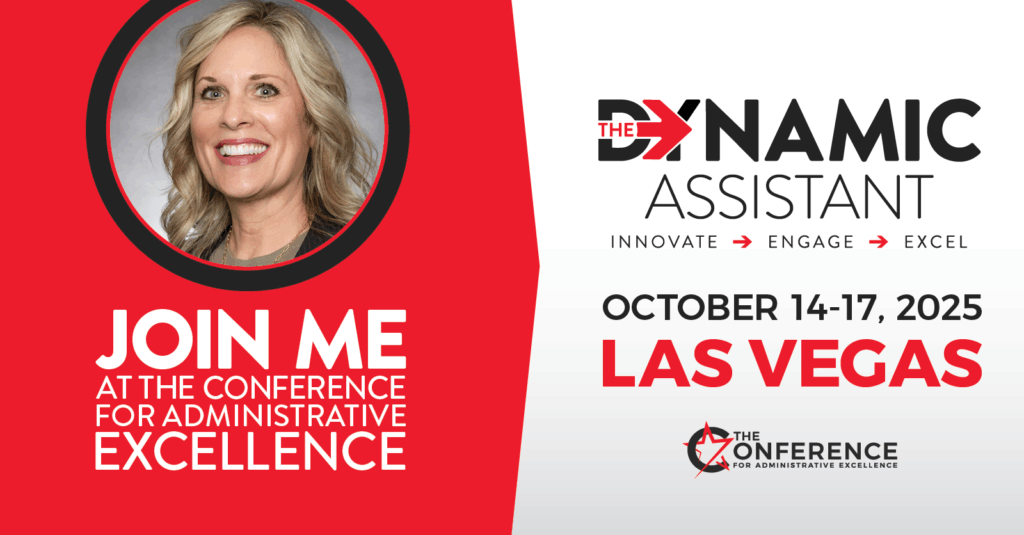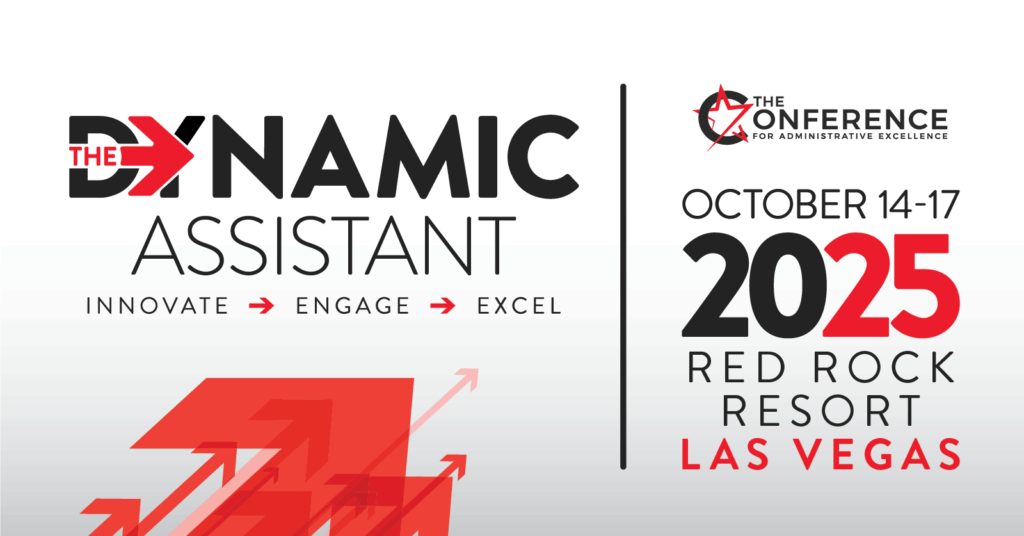
The 12 Dimensions of Agility That Shape a Future-Ready Assistant
Agility is not a personality trait you either have or do not have. It is a set of skills you can build, practice, and strengthen. And for administrative professionals, agility has become one of the clearest markers of value. The







